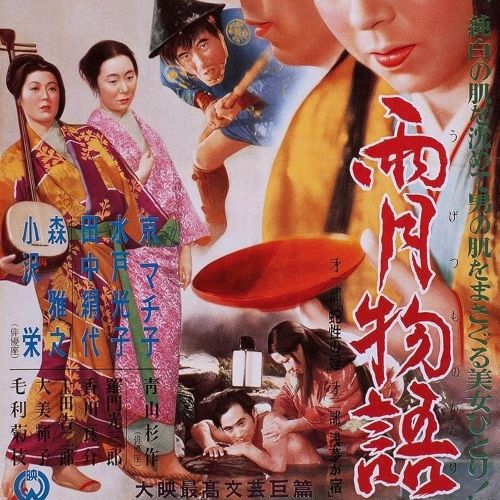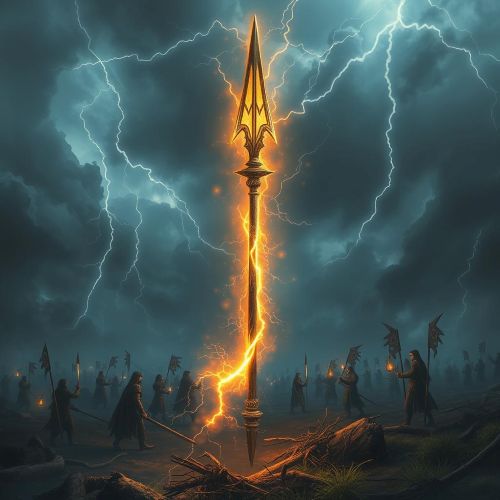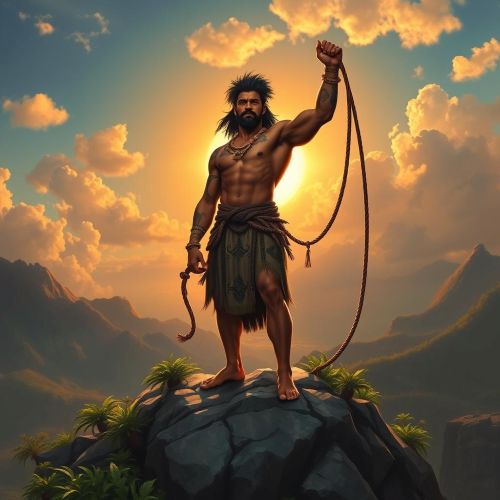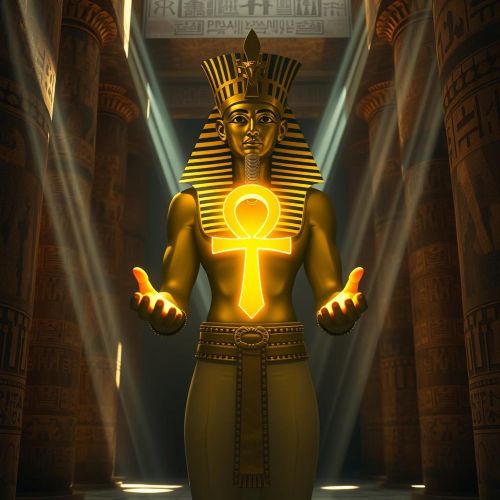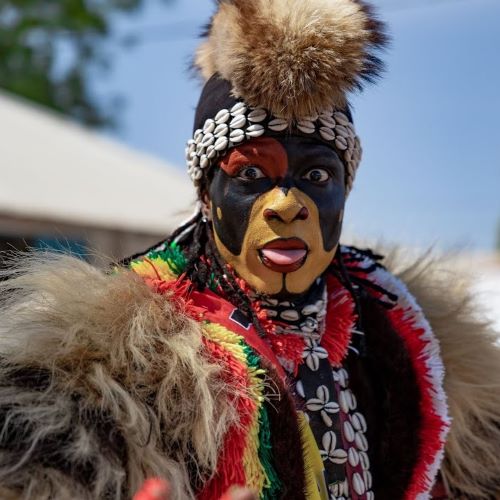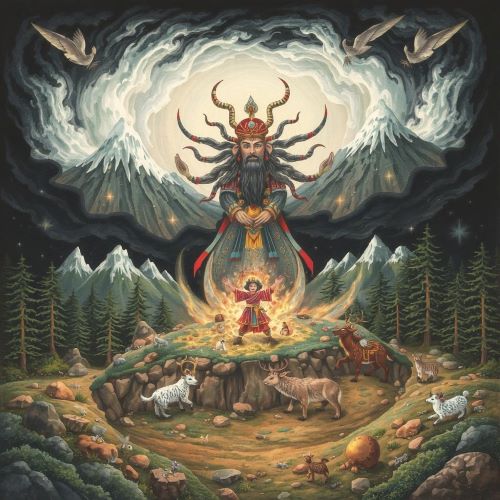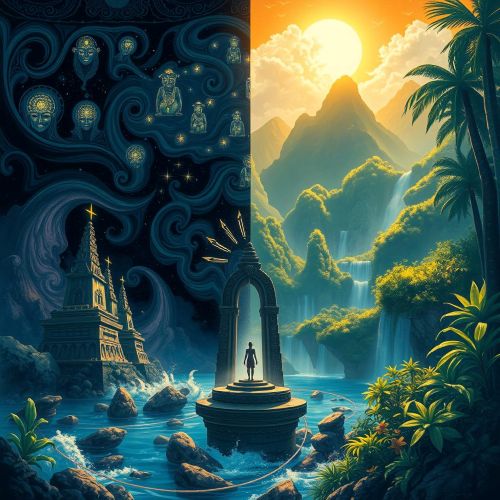Bori: The Intersection of Ancestors, Spirits, and Community
Bori culture is an intriguing aspect of the diverse indigenous beliefs and practices in West Africa. This culture, primarily found among the Bori people, is rich in rituals, symbolism, and a profound connection to spirituality. In this article, we will explore the various dimensions of Bori culture, including its origins, practices, and contemporary significance.
Origins of Bori Culture
The Bori people primarily inhabit regions of Nigeria, particularly in the northern part of the country. Their culture is deeply intertwined with traditional African beliefs, emphasizing the importance of the spiritual world and ancestral worship. The term “Bori” itself is derived from the Hausa word for “spirit,” reflecting the culture’s emphasis on spiritual connections. Bori practices have been passed down through generations, rooted in the historical experiences of the Bori people, including their struggles, migrations, and interactions with other ethnic groups.
Bori worship typically revolves around the veneration of spirits, ancestors, and deities that influence daily life. The belief system encompasses a pantheon of spirits, each associated with specific aspects of life such as agriculture, health, and fertility. This spiritual framework shapes the Bori community’s worldview, informing their relationships with one another, the land, and the supernatural.
Core Beliefs and Spiritual Practices
At the heart of Bori culture is the belief in a spiritual realm that coexists with the physical world. Bori practitioners believe that spirits can possess individuals, granting them wisdom and insights that transcend ordinary human understanding. These spirit possessions are often facilitated through rituals, trance, and dance, allowing the practitioner to communicate with the spirit world.
Rituals and Ceremonies
Rituals are an essential aspect of Bori culture, serving as a bridge between the physical and spiritual realms. These ceremonies often include offerings, prayers, and invocations to the spirits. Festivals are celebrated to honor specific deities or ancestors, fostering a sense of community and shared identity among the Bori people.
One notable ritual is the “Bori dance,” a traditional performance that involves vibrant music, rhythmic movements, and elaborate costumes. The dance serves not only as a form of artistic expression but also as a means of invoking spirits and seeking their blessings. Participants often enter trances during the dance, allowing them to connect with the spiritual realm more profoundly.
Ancestral Worship
Ancestral veneration is a crucial component of Bori worship. The Bori people honor their ancestors by making offerings at shrines and participating in rituals that acknowledge their influence on the living. This practice reinforces familial ties and cultural identity, as individuals seek guidance and protection from their ancestors.
Shrines dedicated to ancestors and spirits are common within Bori culture, often adorned with symbolic items representing the deceased. These shrines serve as focal points for worship and community gatherings, where stories are shared, and rituals performed. The act of honoring ancestors fosters a sense of continuity and respect for the past, essential in maintaining the cultural heritage of the Bori people.
Symbolism in Bori Culture
Symbolism plays a significant role in Bori culture, reflecting the community’s values, beliefs, and experiences. Various symbols, such as masks, totems, and ritual objects, are employed in ceremonies to represent different spirits or concepts.
Masks and Costumes
Masks are integral to Bori rituals, symbolizing the presence of spirits during ceremonies. Each mask is crafted with specific designs, colors, and materials, representing different spirits or deities. Wearing masks allows practitioners to embody the spirit, enhancing the connection between the physical and spiritual realms.
Costumes worn during rituals often include beads, feathers, and other materials, each with its significance. The elaborate attire not only adds to the visual spectacle of the ceremonies but also serves to honor the spirits being invoked.
Colors and Patterns
Colors hold specific meanings within Bori culture. For instance, white often symbolizes purity and the spiritual realm, while red may signify sacrifice or vitality. Patterns in textiles and art also convey messages, reflecting the community’s beliefs and values. Understanding these symbols enriches the experience of engaging with Bori culture, allowing outsiders to appreciate the depth of meaning behind rituals and practices.
Contemporary Significance of Bori Culture
In today’s rapidly changing world, Bori culture faces both challenges and opportunities. Globalization and urbanization have influenced traditional practices, prompting a re-evaluation of cultural identities among younger generations. Despite these changes, many Bori practitioners are committed to preserving their cultural heritage, integrating traditional beliefs with contemporary practices.
Cultural Revitalization
Efforts to revitalize Bori culture are underway, with community leaders and cultural organizations working to promote awareness and appreciation of Bori traditions. Workshops, festivals, and educational initiatives aim to engage younger generations, encouraging them to explore their cultural roots.
Additionally, the rise of social media and digital platforms has provided a space for Bori practitioners to share their experiences, rituals, and beliefs with a global audience. This newfound visibility fosters greater understanding and appreciation of Bori culture, highlighting its relevance in today’s multicultural landscape.
Interfaith Dialogue
Bori culture also plays a role in promoting interfaith dialogue and understanding. As communities become more diverse, the values of tolerance and respect for different belief systems become essential. Bori practitioners often engage in discussions with representatives of other faiths, fostering mutual respect and shared understanding.
Conclusion
Bori culture is a vibrant and dynamic expression of spirituality and tradition, deeply rooted in the history and experiences of the Bori people. Through rituals, ancestral worship, and rich symbolism, this culture offers valuable insights into the relationship between humanity and the spiritual realm. As Bori practitioners continue to navigate the complexities of modern life while preserving their cultural heritage, the legacy of Bori culture remains a testament to the resilience and richness of indigenous traditions.


